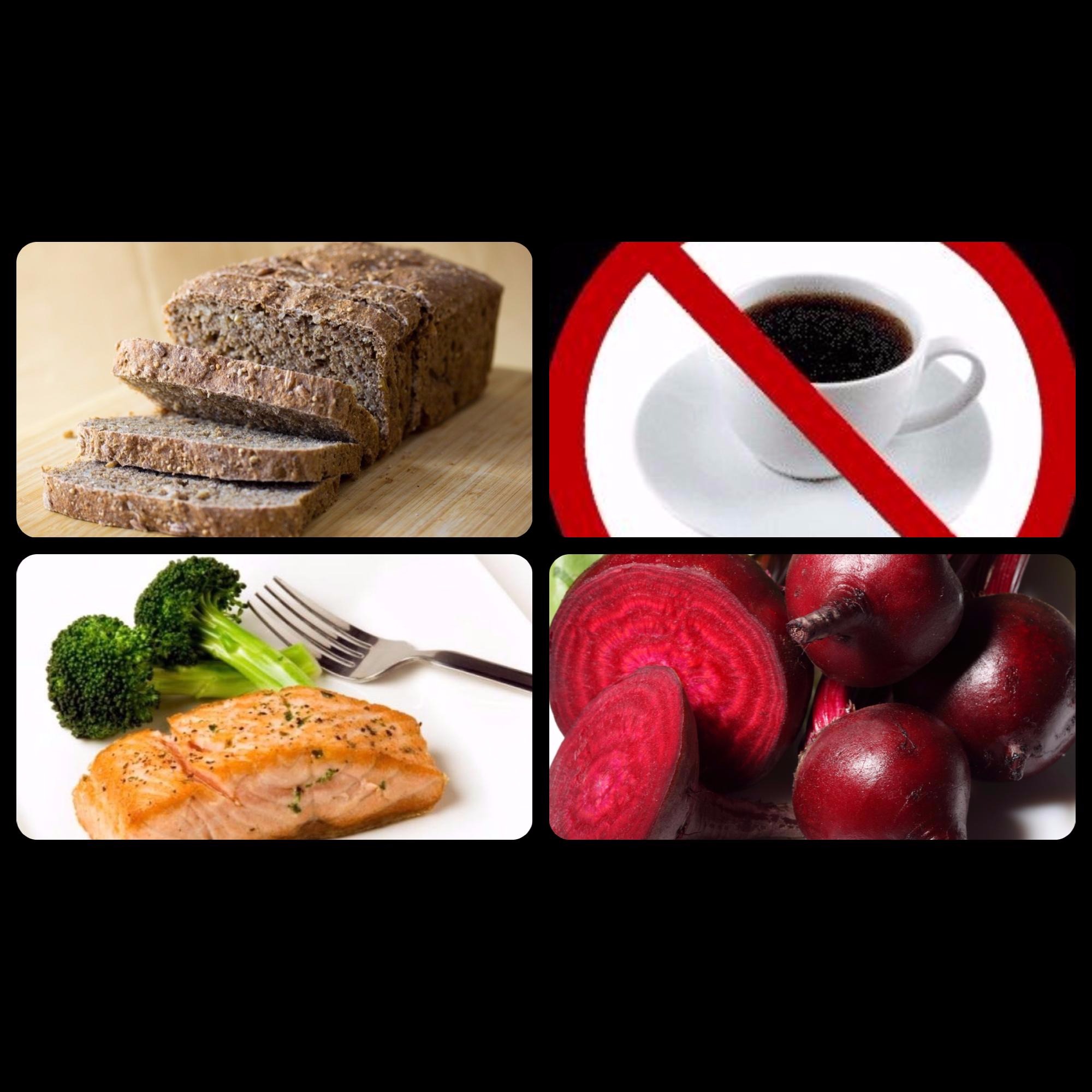There are some very specific dos and don'ts when it comes to diet and fertility.
This is National Infertility Awareness Week and if you’re struggling to get pregnant you’re not alone! In fact, 12% of American couples dealing with infertility issues.
If you are facing challenges, one important thing to keep in mind is your diet and how that impacts your ability to get pregnant.
Dr. Sara Barton with Colorado Center for Reproductive Medicine will join us on 9NEWS at NOON to talk about what foods and drugs help both women and men when it comes to conception.
Dr. Barton says what you put in your body can affect a women's eggs and a man's sperm.
Suggested Fertility Diet for Women:
Avoid Alcohol
- The occasional glass of wine or bottle of beer probably won't hurt your odds of conceiving. However, people who have irregular cycles or are going through infertility treatments should avoid alcohol all together.
Cut Out Caffeine
- Caffeine constricts blood vessels, slowing blood flow to the uterus and potentially making it harder for an egg to grab hold.
Eat Lots of Fruits and Vegetables
- Fruits and vegetables not only deliver a wealth of vitamins and minerals, they also overflow with free-radical-busting micronutrients, like phytochemicals and antioxidants. When it comes to color, choose deep or bright hues to ensure high nutrient content
Fish & Omega-3’s
- Your body needs omega-3 fatty acids for optimal fertility, and fish is the best source.
- You do need to be wary of mercury levels in fish. The U.S. Food and Drug Administration (FDA) says that women trying to conceive can safely eat up to 12 ounces (roughly two entrées) a week of low-mercury fish, such as shrimp, canned light tuna, salmon, mackerel, sardines and catfish.
- If you're a vegetarian, vegan, or you just don't like fish. Get your omega-3 fatty acids from flaxseed, almonds, walnuts, pumpkin seeds, and enriched eggs stores.
Lean Meats
- Research shows that low iron levels could play a role in infertility. Lean turkey, chicken and beef are chalk full of iron.
- Caveats: Steer clear of high-fat cuts of meat and don’t overdo any kind of animal protein. Research shows that too much protein (even lean protein) can decrease fertility.
Eat Complex Carbs vs. Refined Carbs
- Digesting refined carbs causes an increase in blood sugar and insulin in the body — and increased insulin levels can disrupt reproductive hormones and mess with the menstrual cycle. Complex carbs take longer to digest and don’t cause spikes in insulin levels. Foods rich in complex carbs include whole grains, fruits, vegetables and legumes.
Suggested Fertility Diet for Men:
Eat food rich in vitamin C and other antioxidants
- These nutrients help prevent sperm defects and boost motility. Guava, red peppers, green peppers, kiwi and oranges are all high in vitamin C and antioxidants.
Zinc
- Zinc is a key mineral for cell division, which helps with sperm production. Pumkin seeds, oysters, garlic, dark chocolate and sesame seeds are high in zinc.
Folic acid
- Men who are thinking about becoming fathers should increase their folate intake, which can be done by eating more folate rich foods, such as spinach, beans, chickpeas, and lentils, or taking a vitamin supplement.
Cut out (or back on) alcohol
- While an occasional drink is generally considered safe, studies show that daily wine, beer, or hard liquor consumption can reduce testosterone levels and sperm counts and raise the number of abnormal sperm.


